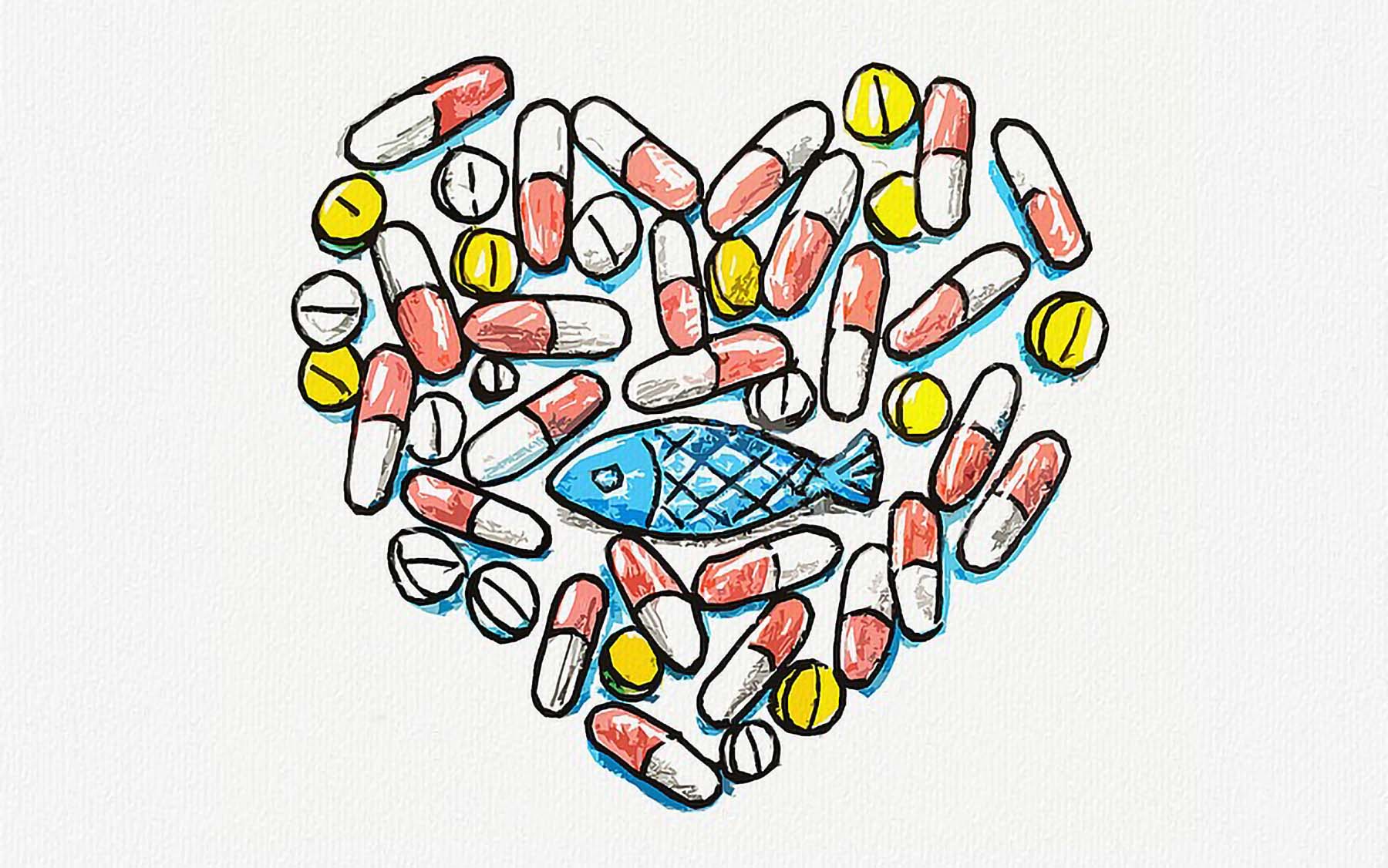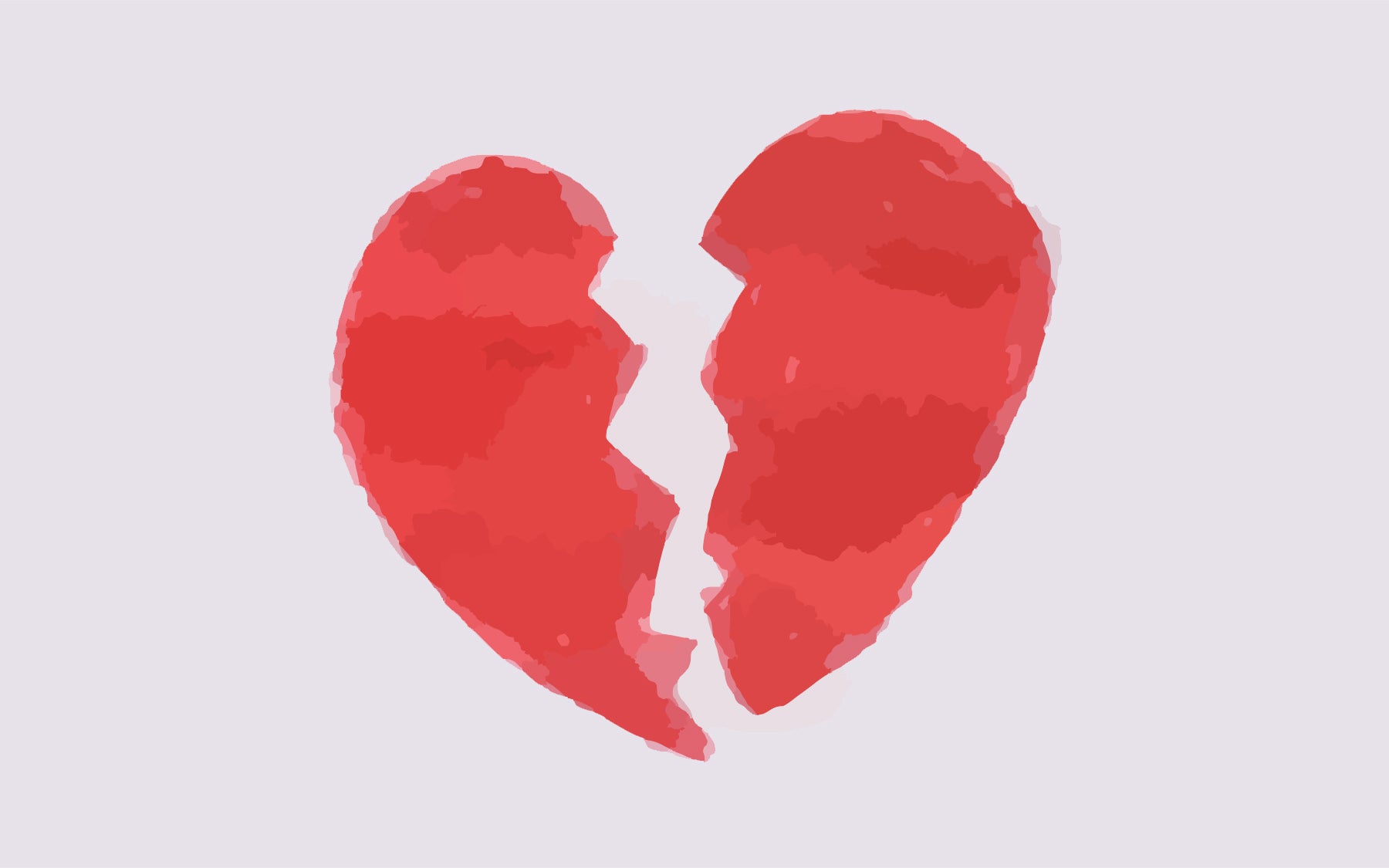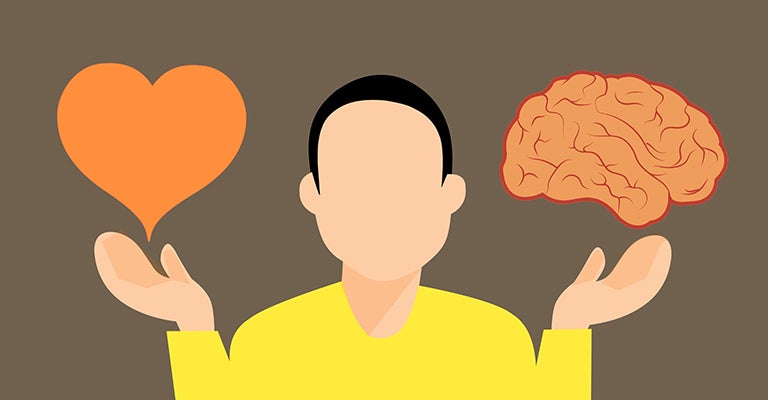Test your science knowledge
Whether you think of love as this magical thing or a neurochemical con job, there’s a whole lot of science involved in the process. Psychologists and neuroscientists have tried for years to decode love. What did they find? Take our short science quiz to see if you’re up to date on your love knowledge.
How people attach themselves to adults is closely related to how they attached themselves to others during childhood. Psychologist Mary Ainsworth sought to understand what influences attachment in adulthood by observing the bond between children and which parent?
 Luis Armando Rasteletti
Luis Armando Rasteletti
Ainsworth theorized that attachment styles in adults were influenced by the quality of the mother-infant bond.
Which of these chemicals is NOT responsible for creating the feeling of love in our minds?
 cdd20
cdd20
Oxytocin and vasopressin are important chemicals that facilitates bond formation, while dopamine makes that bond seem rewarding.
Do we find average faces more attractive?
 Pixabay
Pixabay
Scientists used a computer program to create a composite face from a collection of individual faces. People found these composite faces more attractive than each individual face. The data showed that evolution favors more average physical characteristics.
Are there genetic and epigenetic factors influencing whether we fall in love and who we fall in love with?
 GDJ
GDJ
Scientists saw that epigenetic factors actually affected social behaviors. The genes that code for vasopressin and oxytocin receptors also play a role in mating and bonding for prairie voles, which essentially mate for life. Additionally, scientists found that people were more attracted to scents of those who had an opposite but complementary immune system.
Could a broken heart have physical repercussions?
 @mohamed hassan
@mohamed hassan
Emotional and physical stress could trigger a rare type of heart problem called Takotsubo Cardiomyopathy. It is also referred to as the broken heart syndrome.

Share your Results:
